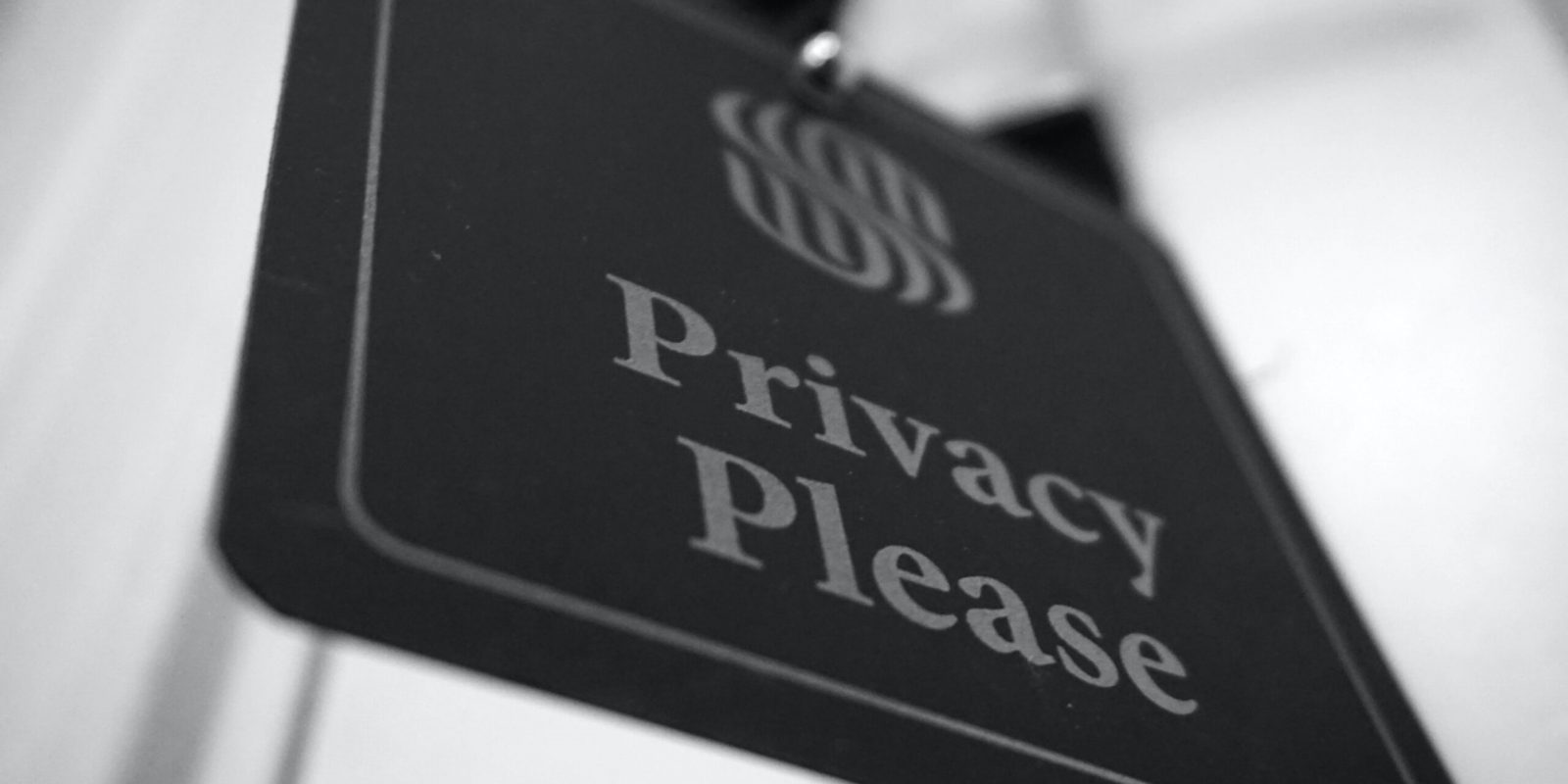If you’re a Homeowners Association board member or an individual who lives in an HOA or Condo community, you know how much personal information you share with your HOA – From your legal name, contact information, and sometimes even your credit card numbers. It’s no surprise that privacy is a big concern.
As an HOA board member, it should be your top priority to ensure that the personal information your community shares with you is safe. However, privacy rights can get complicated depending on where you live. They vary between states and even types of associates.
In this article, we’ll expand on the importance of data privacy, how privacy relates to an HOA, the expectation of privacy, and the consequences HOAs can face if they share anyone’s personal information.
Data Privacy and Homeowners Associations
Before we dive into a homeowner’s right to privacy and an HOAs responsibility – let’s first talk about data privacy and how it relates to HOAs.
Data privacy is a person’s ability to decide if, when, and how they want their personal information shared. This information could be their name, location, contact information, financial information, etc.
Privacy rights, confidentiality, and data security are fundamental human rights in many jurisdictions. However, with the rise of internet usage over the years, the accessibility to someone’s personal information is easier and, if shared, can damage that person. As a result, numerous data protection laws were created to protect that right.
Personal data is frequently misused, and the adverse outcomes harm the individual and the business. For example, if a company is hacked or doesn’t store their customer’s private information correctly, it opens them up to legal consequences like fines and sanctions.
Overall, privacy and data security is a law that manages how organizations collect and manage personal information. By following these guidelines, businesses show their customers that they can be trusted with that personal information.
We’ve reviewed data privacy and its importance, so how does this relate to a homeowners association?
When someone moves into an HOA community, a lot of their personal information is shared and accessible by the HOA. From there, the HOA inherits the responsibility for maintaining their residents’ names, contact information, address, and financial information. Remember, this information is valuable for someone looking to commit fraud or identity theft.
A community that manages personal information must know who has access to that information and ensure it stays private. If not, they risk negligence lawsuits and class actions.
Which leads us to asking – what’s the expectation of privacy for an HOA?
Expectation of Privacy
The expectation of privacy is a legal concept that defines a person’s reasonable right to be free from government intrusion. Still, the expectation of privacy goes beyond intrusion from the government – it’s intrusion overall.
When someone buys a home, they now have a set expectation of privacy. For example, the expectation is that no one will intrude into their home uninvited. That is a reasonable expectation.
This is comparable to a person’s expectation of privacy with their data security and right to confidentiality. This is why we have data protection laws.
In regards to homeowners – the expectation continues. Homeowners expect that their HOA will keep their personal information private and confidential. Meaning the HOA will not sell or share that information. This falls under the data protection laws each state sets. However, states have created homeowner association-specific data protection laws to ensure the safety of the homeowners.
If you’re interested in learning more about data privacy within your homeowner or condo association, we recommend looking at your state laws and your HOAs governing documents. For now, understand that the personal information you provide a homeowners association is protected and should not be shared and disclosed to any third parties.
In the next section, we will go over the HOA’s responsibility and the consequences an HOA could face for violating that expectation of privacy.
Potential Consequences
If you’re an HOA board member or running to be on the board, it’s important to know the inherent responsibility board members have to ensure the privacy of their community and the consequences they could face if they fail.
An HOA and its board members should ensure that they’re taking reasonable precautions to protect the community member’s confidential information.
Here are a few different precautions an HOA can take:
- If you’re an HOA that keeps hard copies of someone’s private information, ensure that the office door is locked and secure to prevent theft.
- If you’re an HOA that keeps personal information online in a digital document, have the document password protected.
- Limit the access of board members to private information and keep it on a “need to know” basis.
- Review the security protocols when working with a third-party vendor who may have access to private information. They should have a similar, if not more rigorous, data security procedure than you.
Additionally, if that information is no longer needed, for example, if a community member moves out of the community, it should be appropriately disposed of. That can mean shredding the information or corrupting the digital files until they are no longer legible.
To avoid confusion, Homeowner Associations should have a formal written security process that clearly outlines the rules and procedures of data security. This information should be shared with every board member and community member.
Your community has the right to know how their personal and confidential information is managed. And while laws are in place, the HOA can continue improving its security standards.
Remember, if an HOA improperly discloses information and breaks the expectation of privacy that’s been set, they open themselves up to lawsuits for:
- Breach of Fiduciary Duty
- Invasion of Privacy
- Negligence
This is not to scare you – we understand that it’s impossible to eliminate all risks. With that in mind, HOA boards should have a proper liability insurance policy that covers the board and the community in case of a data breach. While liability insurance is voluntary for HOAs, having an insurance policy in place will help reduce any added stress if there’s a breach.
Why Work with an HOA Management Company?
That was quite a bit of information. We reviewed data privacy, how it relates to an HOA, the expectation of privacy, and the consequences an HOA can face by breaking that expectation.
To summarize – One of the best things an HOA can do for their community is to keep everyone’s information secure and that if any of that information is improperly disclosed, they have liability insurance to protect the board and the community.
Because of the intricacies of data privacy, it can be intimidating. If you’re an HOA looking to optimize their data privacy procedures or if you’re a new HOA that’s just starting – we encourage you to consider working with an HOA management company. If you’re ready to get started – Contact us today!






